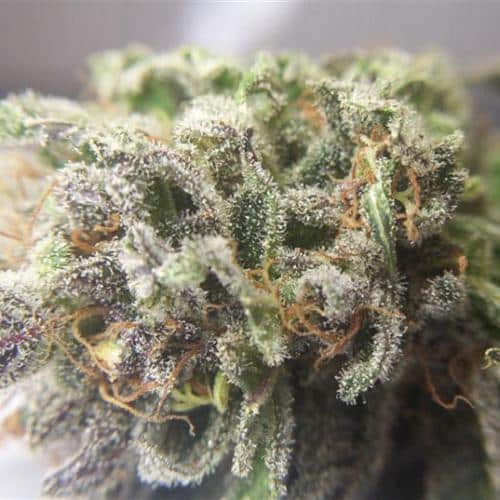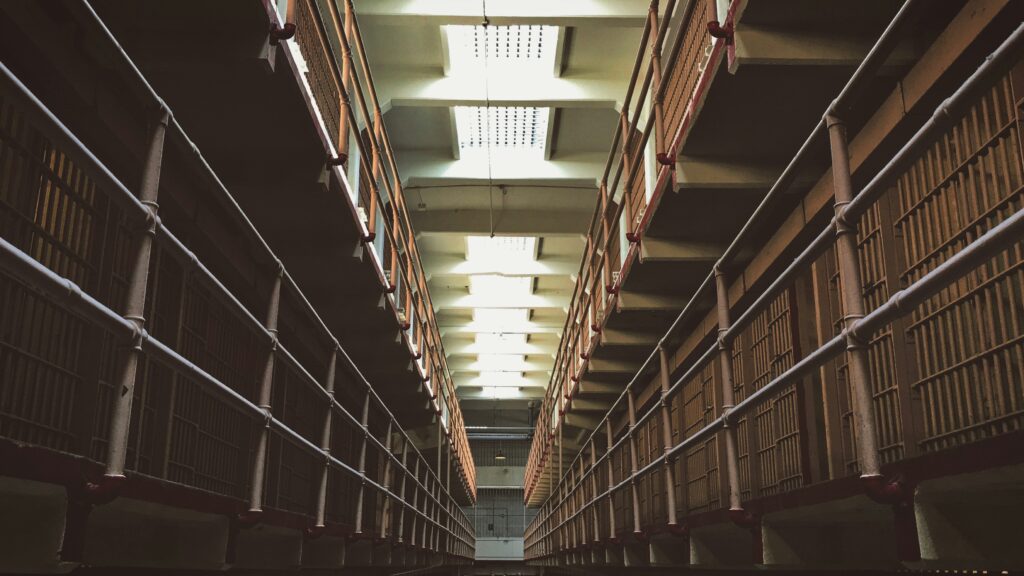The current state of legalized marijuana varies from country to country. Possession of the weed is illegal in most countries and has been since the beginning of widespread cannabis prohibition in the late 1930s. However, its possession has been decriminalized in many countries and sub-national entities in several parts of the world.
Yet decriminalization alone does not tackle the harms of prohibition of weed– such as high levels of crime, illegitimate markets, and the harmful health consequences of drugs produced in the absence of regulatory oversight.
Decriminalization will also do nothing to eliminate the underground market for marijuana, estimated to be worth over $40 billion in the U.S. This huge market is completely untaxed, can be a good source of revenue for the federal and state governments.
Also, there is a strong argument for medical marijuana. The science has continued to stack up in support of cannabis to treat a number of debilitating conditions. There is a growing body of evidence showing that marijuana can provide relief to people suffering from cancers, multiple sclerosis, glaucoma, and other physical and mental conditions.
In fact, marijuana prohibition is unjust, a waste of legal, and taxpayer resources and a denial to many terminally ill patients.
We have more than a century of experience in legally regulating thousands of other drugs and legalizing weed would be a similar task. Legal regulation means marijuana would be taxed and regulated in a manner similar to alcoholic beverages, with age limits, licensing requirements, quality controls, and other restrictions.
Whether for medical use or pleasure, it is important to legalize this substance with regulations for adults who choose to use it.
The infographic below outlines the the current state of legalized marijuana laws in the USA thanks to High Supplies:





